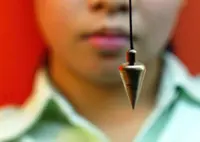For Hendry Ng, 67, and his wife Catherine Choong, 65, the decision on which one of them should stay home and raise their two boys was a well-considered but easy one: Choong, who was always the bigger earner, had just set up her own law firm and so it seemed only logical that Ng become the houseparent.
“I was considered a househusband as I did not hold a full-time job and was always at home raising the kids,” says Ng. “To others it may not be, but to us it was a necessity to have one of us stay home with the children.





